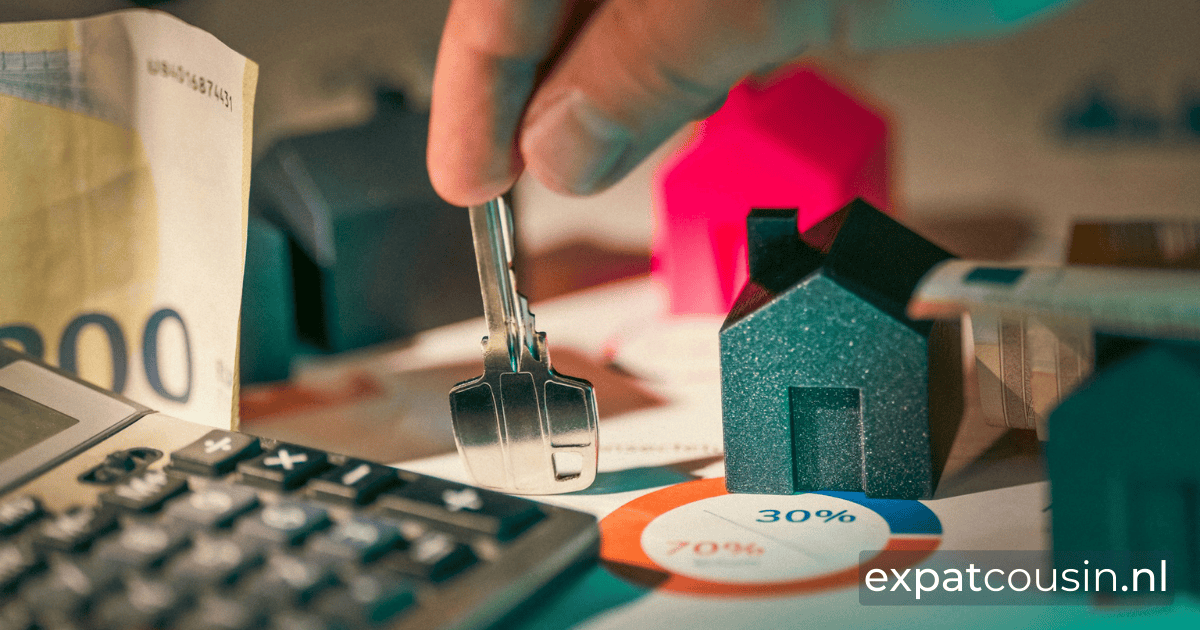What Is a Hypotheek and Hypotheekrente?

Understanding the Basics
In the Netherlands, a hypotheek is a mortgage—a loan taken out to buy a home. Just like in other countries, you repay it over time with interest. The interest rate applied to your mortgage is called hypotheekrente.
What Is Hypotheekrente?
Hypotheekrente is the interest you pay on your mortgage loan. This rate can be:
- Fixed: Locked in for a set period (e.g., 5, 10, or 20 years), providing stability in monthly payments.
- Variable: Adjusts periodically based on market rates. It can start lower but carries the risk of increases.
Tax Deductibility
One of the advantages of buying a home in the Netherlands is that hypotheekrente is tax-deductible—but only under specific conditions. This can significantly reduce your taxable income, especially in the early years of the loan.
Types of Mortgages
Popular mortgage types in the Netherlands include:
- Annuity mortgage (Annuïteitenhypotheek): Fixed monthly payments that include both principal and interest.
- Linear mortgage (Lineaire hypotheek): You pay a fixed amount of principal each month, plus decreasing interest.
What Expats Should Know
As an expat, you can apply for a mortgage, but some lenders may require you to have a permanent residence permit or be in the Netherlands for a minimum period. Your ability to borrow also depends on your income, job security, and the property value.
Get Professional Advice
Mortgage advisors (hypotheekadviseurs) can help you compare rates, understand your tax benefits, and secure the right mortgage structure for your needs. Many offer English-speaking services.
Related Reading
Considering buying a home? Check out our article: Buying a House in the Netherlands.
Need More Answers?
For more answers, visit our Expat Cousin online interactive service.